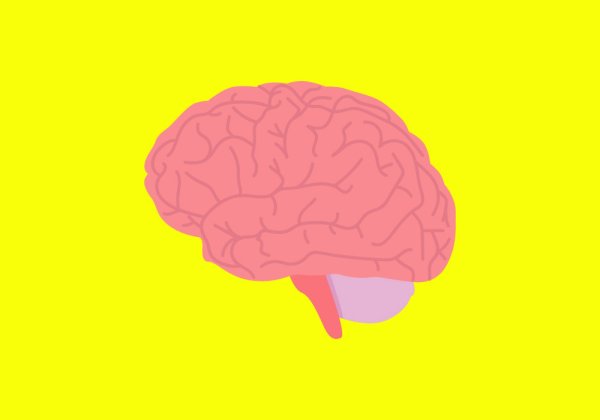The publication of new findings from researchers at King’s College London and Cambridge University provides a new outlook on how autism may be traced back to prenatal development.
Appearing in the peer-reviewed journal Biological Psychiatry, the new study uncovers in human brain cells the abnormal development’s onset at the earliest stages of brain organization, at the level of individual brain cells.
“Evidence from postmortem brain studies have indicated that early prenatal development may be altered in autism,” the co-authors explained in their findings.
“Induced pluripotent stem cells (iPSCs) generated from individuals with autism with macrocephaly also indicate prenatal development as a critical period for this condition. But little is known about early altered cellular events during prenatal stages in autism.”
For the study, iPSCs were generated from nine unrelated participants with autism and six additional people with no apparent neurodevelopmental condition.
“iPSCs were differentiated toward either cortical or midbrain fates. Gene expression and high throughput cellular phenotyping was used to characterize iPSCs at different stages of differentiation,” the co-authors noted in their findings.
The use of iPSCs from hair samples is regarded as the most convenient method of studying the early brain development of people with autism. Doing so is a lot less work and also eliminates the need for animal research, researchers noted.
From their findings, it was determined that brain cells from people with autism develop differently in comparison to people without a neurodevelopmental condition.
“A subset of autism-iPSC cortical neurons were RNA-sequenced to reveal autism-specific signatures similar to postmortem brain studies, indicating a potential common biological mechanism,” the study’s results showed.
“Taken together, our data indicate that autism-iPSCs diverge from control-iPSCs at a cellular level during early stage of neurodevelopment. This suggests that unique developmental differences associated with autism may be established at early prenatal stages,” the study concluded.


